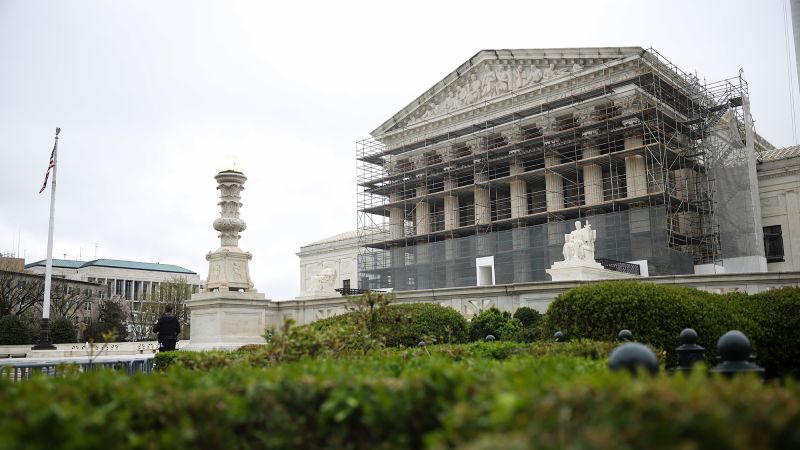The Supreme Court has agreed to hear oral arguments regarding President Donald Trump’s request to enforce a plan to end birthright citizenship, with exceptions for only a few individuals. While the administration’s request to implement the plan immediately was deferred, the high court will hear arguments on May 15. Trump’s appeal, described as “modest” by the administration, aims to limit lower court orders opposing his plans. A win for Trump would allow the enforcement of a policy deemed “blatantly unconstitutional” by a lower court. The court’s decision to hear this case is historic, as past presidents have also criticized lower court orders, but Trump’s appeal specifically questions the appropriateness of district courts issuing nationwide injunctions.
Trump’s attempt to restrict birthright citizenship has sparked legal battles, with lower courts issuing injunctions to halt the policy implementation. The Department of Justice argues that such nationwide injunctions exceed the courts’ authority. Critics of Trump’s policy maintain that it is unconstitutional and call for uniform citizenship rules. The Supreme Court’s decision in this case could have significant implications, given the longstanding precedent affirming birthright citizenship. Trump’s appeal challenges this precedent, suggesting a reevaluation of citizenship criteria based on parental status and legal jurisdiction. The outcome of this case will likely have far-reaching implications on immigration policies and constitutional interpretations.

